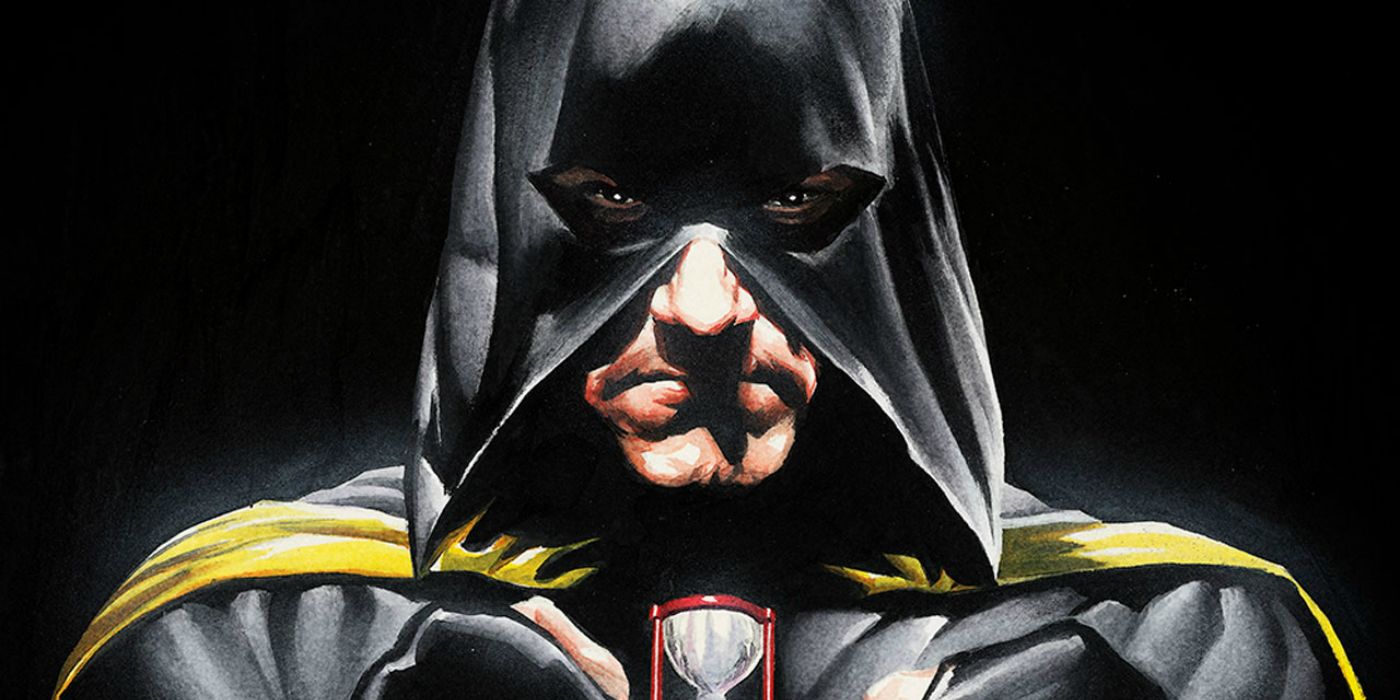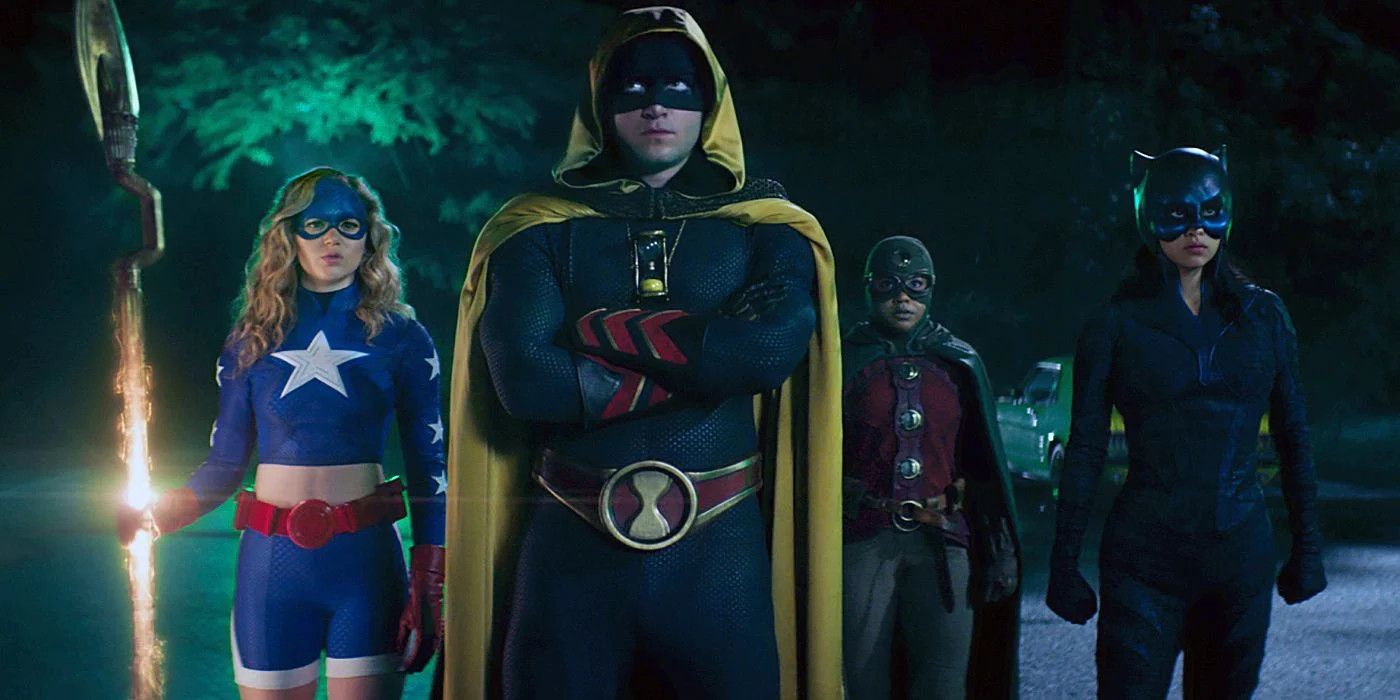
DC Universe's Stargirl altered the source of the hero Hourman's powers, presumably to avoid depicting a teenage superhero gaining powers from pill-popping. This would fall in line with DC Comics' current policy regarding the Hourman character, which used Hourman to deliver a message about the dangers of drug abuse and how even good people can suffer because of an addiction.
First appearing in Adventure Comics #48 in March 1940, the original Hourman was a man named Rex Tyler, who went on to become one of the founders of the Justice Society of America. A chemist by trade, Tyler's research into various vitamins and hormones led to his development of a wonder-drug which he dubbed Miraclo. More than a mere health supplement, Miraclo gave Rex superhuman strength, speed, stamina and durability for one hour at a time. Fearful of what damage his discovery might cause if he produced Miraclo for mass distribution, Rex kept the formula a secret and used it to become a superhero. His son Rick would later follow in his footsteps and become the second Hourman, serving as a member of Infinity Inc..
While a superhero gaining powers from taking a pill was nothing to sneeze at in the 1940's, Hourman's origins became increasingly problematic as time went on and the dangers of drug abuse became better known to the public as many celebrities died or ruined their careers because of drug abuse. This led to increasing concern about the depiction of drug abuse in popular fiction and anything that might be viewed as glamorizing drug use to impressionable youths. This went on to lend a complexity to Hourman's character that other Golden Age heroes failed to receive, as both Rex and Rick Tyler confronted the idea that they were addicts. Rex eventually developed a non-addictive version of Miraclo, but still had to cope with his addiction to the adrenaline rush that came with being a crime-fighter. Later, Rick abandoned the Miraclo pill for a patch-based release system similar to the nicotine patches used by recovering smokers.

DC Universe's Stargirl altered the source of Hourman's power, presumably to avoid the controversy that might be caused by a teenage superhero gaining superhuman strength by taking a drug. In this case, Rick Tyler gains one hour of super-strength by turning over the hourglass medallion that is part of his father's Hourman costume. Precisely how the hourglass works is not explained, but Beth Chapel assured Rick that it's based on science, not magic, and that his father was a brilliant chemist (at least according to the Dr. Mid-Nite artificial intelligence in her goggles) who built the hourglass and somehow encoded it to only work for someone with his DNA.
Despite Stargirl eliminating any depiction of drug use or even the mention of Miraclo in regard to Hourman, the show still seems poised to deal with the subject of addiction and the danger of abusing one's power that is a core part of Hourman's story. The new JSA nearly came to blows with Rick over the hourglass in Stargirl, season 1, episode 5, "Hourman and Dr. Mid-Nite," as Rick spoke of his anger regarding his parents' deaths, the abuse he suffered at the hands of his uncle and how he continually repressed the urge to punch someone. Later, after he vented his anger on his uncle's truck, Rick was confronted by Pat Dugan, who told him that his father knew how addictive power could be and that was why he purposely limited the hourglass to only work for one hour a day.
While this is radically different from the comics, it does throw a new twist into the character that makes it fresh for fans of the old JSA comics. It also sets Stargirl apart from other family dramas, as storylines involving anger-management are not nearly as overdone very special anti-drug episodes..
from ScreenRant - Feed https://ift.tt/2VuMsjE

0 Comments